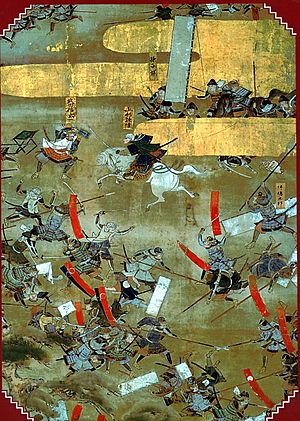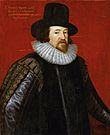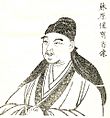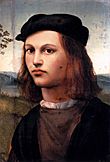1561 facts for kids
The year 1561 was a time of many important events around the world. It was written as MDLXI in Roman numerals. This year followed the Julian calendar, which was used before the calendar we use today.
Contents
What Happened in 1561
Important Events from January to June
- On January 31, the Edict of Orleans was signed in France. This law stopped the unfair treatment of Huguenots, who were French Protestants.
- On March 1, Kingston Grammar School was started in England.
- On April 14, people in Nuremberg saw strange things in the sky. They described it as an "aerial battle" with many objects. A special news report was printed about this event.
- On May 8, King Philip II declared Madrid the new capital of Spain.
- On June 4, the tall spire of Old St Paul's Cathedral in London caught fire. It crashed through the roof, likely due to a lightning strike. The spire was never rebuilt.
- Also on June 4, the nobles of Harrien-Wierland and the town of Reval in the Livonian Order promised their loyalty to Sweden.
- On June 29, Erik XIV was crowned King of Sweden.
Important Events from July to December
- In July, the Arauco War saw the killing of Pedro de Avendaño and two other Spaniards. This led to the Second Great Rebellion by the Mapuche people.
- On July 12, Saint Basil's Cathedral in Moscow was finished. Its construction had begun in 1534.
- In August, the English merchant Anthony Jenkinson arrived in Moscow. This was his second trip to the Grand Duchy of Moscow.
- On August 19, Mary, Queen of Scots, returned from France. She was not allowed to travel through England. She arrived in Leith, Scotland on this day.
- On September 2, Mary, Queen of Scots had a grand welcome celebration in Edinburgh. However, it was affected by religious disagreements.
- In September, the Protestant reformer John Knox had a three-day debate. He discussed religious ideas with Quintin Kennedy in Maybole, Scotland.
- On October 10, the Siege of Moji in Japan ended. The defenders successfully held their position.
- On October 18, the Fourth Battle of Kawanakajima took place. In this major battle, Takeda Shingen defeated Uesugi Kenshin.
- On November 28, the Treaty of Vilnius was signed during the Livonian War. Parts of Livonia joined the Polish–Lithuanian Commonwealth. In return, they received protection from Tsardom of Russia.
Other Events of 1561
- Merchant Taylors' School was founded in London. It was started by Sir Thomas White and others.
- The first Calvinists settled in England. They had fled from Flanders.
- A new collection of hymns, called the Anglo-Genevan metrical psalter, was published. It included the famous hymn Old 100th.
- Ruy López de Segura developed new ways of playing chess in Spain.
- William Baldwin's book Beware the Cat was published anonymously in London. It was an early example of horror fiction in English.
Notable Births in 1561
- January 22 – Sir Francis Bacon, a famous English philosopher, scientist, and statesman.
- February 1 – Henry Briggs, a British mathematician.
- February 8 – Fujiwara Seika, an important Japanese philosopher.
- March 29 – Santorio Santorio, an Italian biologist.
- July 11 – Luís de Góngora y Argote, a Spanish poet.
- August 20 – Jacopo Peri, an Italian composer.
- October 27 – Mary Sidney, an English writer and translator.
- December 9 – Edwin Sandys, an English founder of the Virginia colony.
Notable Deaths in 1561
- January 31 – Menno Simons, a religious leader who founded the Mennonite group.
- March 6 – Gonçalo da Silveira, a Portuguese Jesuit missionary.
- June 6 – Ridolfo Ghirlandaio, an Italian painter.
- September 25 – Sehzade Bayezid, an Ottoman Prince.
- October 27 – Lope de Aguirre, a Basque rebel and explorer.
- November 11 – Hans Tausen, a Danish religious reformer.
Images for kids
-
Map of New Spain in 1561
See also
 In Spanish: 1561 para niños
In Spanish: 1561 para niños
Black History Month on Kiddle
Famous African-American Athletes:
 | Jackie Robinson |
 | Jack Johnson |
 | Althea Gibson |
 | Arthur Ashe |
 | Muhammad Ali |

All content from Kiddle encyclopedia articles (including the article images and facts) can be freely used under Attribution-ShareAlike license, unless stated otherwise. Cite this article:
1561 Facts for Kids. Kiddle Encyclopedia.






